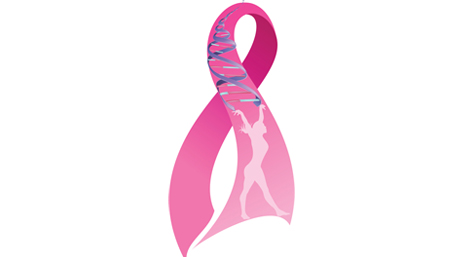

Last Posted: Mar 08, 2020
- Deep learning radiomics can predict axillary lymph node status in early-stage breast cancer
Y Zheng et al, Nat comms, March 2020 - A Noninvasive Blood-based Combinatorial Proteomic Biomarker Assay to Detect Breast Cancer in Women over age 50 with BI-RADS 3, 4, or 5 Assessment.
Henderson Meredith C et al. Clinical cancer research : an official journal of the American Association for Cancer Research 2019 25(1) 142-149 - Genomic Signature of the Standardized Uptake Value in 18 F-Fluorodeoxyglucose Positron Emission Tomography in Breast Cancer.
Kim Seon-Kyu et al. Cancers 2020 Feb 12(2) - Prevalence of mutations in a diverse cohort of 3162 women tested via the same multigene cancer panel in a managed care health plan.
Alvarado Mónica et al. Journal of community genetics 2020 Feb - Evaluation of Combined Artificial Intelligence and Radiologist Assessment to Interpret Screening Mammograms.
Schaffter Thomas et al. JAMA network open 2020 Mar 3(3) e200265 - Frequency of BRCA1 and BRCA2 Mutations in Individuals with Breast and Ovarian Cancer in a Chinese Hakka Population Using Next-Generation Sequencing.
Wu Heming et al. Human heredity 2020 Feb 1-10 - Envisioning Implementation of a Personalized Approach in Breast Cancer Screening Programs: Stakeholder Perspectives.
Esquivel-Sada Daphne et al. Healthcare policy = Politiques de sante 2019 Nov 15(2) 39-54 - Mammographic screening in male patients at high risk for breast cancer: is it worth it?
Marino Maria Adele et al. Breast cancer research and treatment 2019 Oct 177(3) 705-711 - The FDA-Approved Breast Cancer HER2 Evaluation Kit (HercepTest; Dako) May Miss Some HER2-Positive Breast Cancers.
Schneider Frank et al. American journal of clinical pathology 2019 151(5) 504-510 - Clinical applications of polygenic breast cancer risk: a critical review and perspectives of an emerging field.
Yanes Tatiane et al. Breast cancer research : BCR 2020 Feb 22(1) 21





















.png)












No hay comentarios:
Publicar un comentario